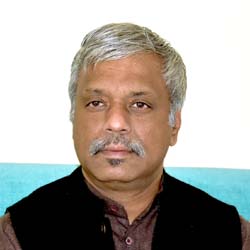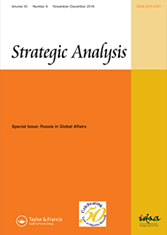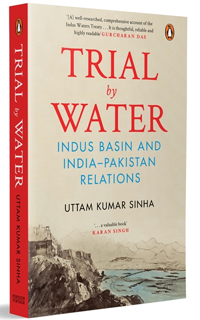Uttam Sinha’s Op-ed ‘Pak Indus playbook at UN. India’s moment to respond’ Published in The Pioneer
Senior Fellow, Manohar Parrikar IDSA, Dr Uttam Sinha’s Op-ed 'Pak Indus playbook at UN. India's moment to respond' was published in ‘The Pioneer’ on 19 February 2026. Nearly three quarters of a century after Zafrullah first raised water in the Security Council, and after Bhutto cast it as aggression, Pakistan is repeating the same script in updated language. India now needs a diplomatic script of its own, one that recognises this continuity and answers it with clarity, context, and confidence, says Dr Sinha. Read Complete Article [+] Disclaimer: The views expressed by the author are personal and do not in any way reflect the views of MP-IDSA or the Government of India.









